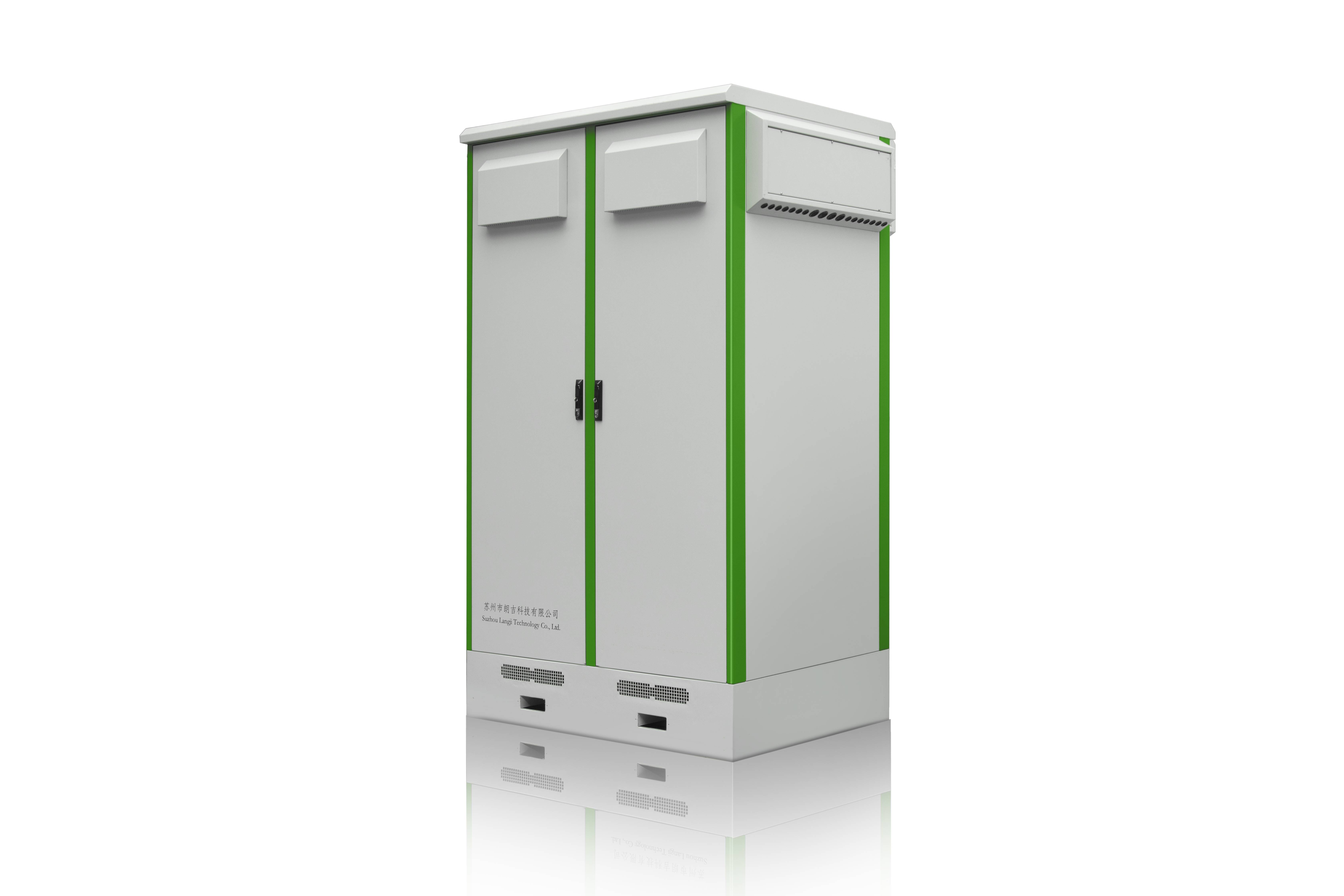
Novemba . 20, 2024 03:42 Back to list
ce certification industrial and commercial energy storage projects
CE Certification for Industrial and Commercial Energy Storage Projects
In recent years, as the global demand for energy storage solutions escalates, the importance of standards and certifications has become increasingly evident. The CE certification, denoting compliance with the European Union's safety, health, and environmental protection legislation, plays a pivotal role in the development and implementation of industrial and commercial energy storage projects. This article explores the significance of CE certification, its implications for energy storage, and the benefits it bestows upon stakeholders.
Energy storage systems (ESS), which include batteries, flywheels, and other technologies, serve as critical infrastructure in modern energy systems. They facilitate the integration of renewable energy sources, such as solar and wind, into the grid, ensuring stability and reliability of electricity supply. However, the deployment of such systems in industrial and commercial settings comes with challenges, including safety risks and the need for harmonized standards.
CE marking is a declaration by the manufacturer that their product meets the requirements of applicable EU directives and regulations. For energy storage systems, this often involves compliance with directives such as the Low Voltage Directive (LVD), Machinery Directive (MD), and the Electromagnetic Compatibility (EMC) Directive. By obtaining CE certification, manufacturers demonstrate their commitment to quality and safety, gaining a competitive advantage in an increasingly crowded market.
The CE certification process involves rigorous testing and assessment of products to ensure they meet the necessary safety and performance standards. This process includes evaluating electrical safety, mechanical integrity, and the environmental impact of the storage system. For instance, battery systems must be tested for overcharging, short-circuiting, thermal runaway, and other hazards that could pose risks to users and the environment. Additionally, manufacturers must ensure that their energy storage solutions do not interfere with other electronic devices, adhering to EMC standards.
ce certification industrial and commercial energy storage projects

One of the significant benefits of CE certification for energy storage projects is the enhanced marketability of products across Europe and beyond. The CE mark acts as a passport, allowing manufacturers to sell their products in EU member states without facing additional import compliance barriers. This opens up lucrative markets for industrial and commercial energy storage solutions, fostering international business opportunities and collaborations.
CE certification also serves to protect end-users, including businesses and consumers, by ensuring that energy storage systems are reliable and safe. In an era where energy efficiency and sustainability are paramount, CE-certified products provide assurance that they conform to recognized standards, reducing the risks associated with poor-quality systems. Companies that invest in CE-certified energy storage solutions can capitalize on the growing emphasis on corporate responsibility and sustainability, showcasing their commitment to safe and environmentally friendly practices.
Moreover, as energy policies evolve, particularly in light of the EU’s climate goals, the demand for CE-certified energy storage systems is expected to surge. Governments are increasingly incentivizing the adoption of clean energy solutions and pushing for the modernization of energy infrastructures. As projects seek funding and support, having CE certification can bolster their credibility and enhance their attractiveness to investors and stakeholders.
In conclusion, CE certification for industrial and commercial energy storage projects is a vital element of ensuring safety, reliability, and market acceptance. Through stringent testing and compliance with EU standards, manufacturers can not only assure quality and safety but also gain a competitive edge in a rapidly evolving industry. As the world continues to shift towards sustainable energy solutions, CE marking will undoubtedly remain a cornerstone in the development and deployment of effective energy storage systems. By embracing these certifications, stakeholders can ensure their products meet the highest standards, thereby contributing to a more sustainable and efficient energy future.
-
Intelligent Energy Management with GPT-4 Turbo AI Optimization
NewsAug.03,2025
-
Advanced AI Energy Management with GPT-4 Turbo
NewsAug.02,2025
-
AI-Powered EMS with GPT-4-Turbo | Efficiency Boost
NewsAug.01,2025
-
Optimized Storage System for GPT-4-Turbo | High Performance
NewsJul.31,2025
-
AI Energy Management System w/ GPT-4 Turbo Efficiency
NewsJul.31,2025
-
High-Performance Energy Storage System for Reliable Power Solutions
NewsJul.30,2025























